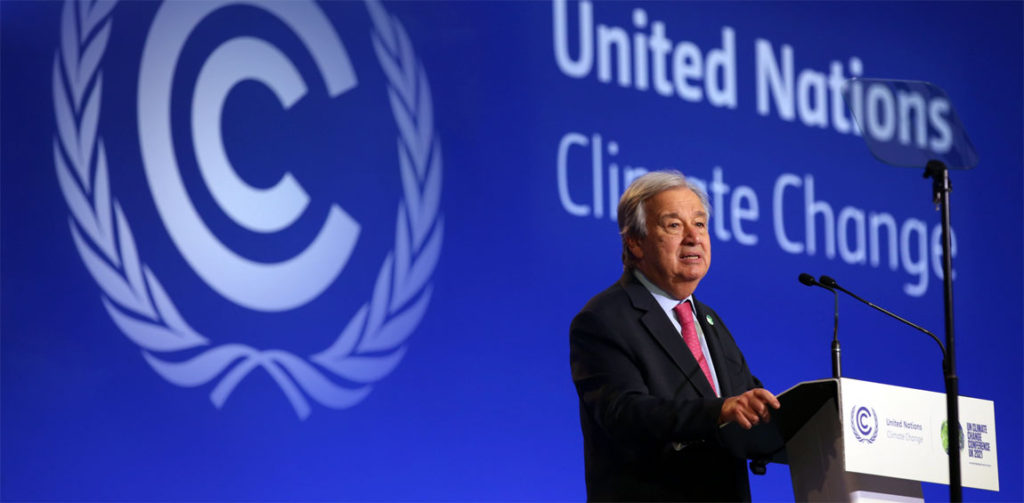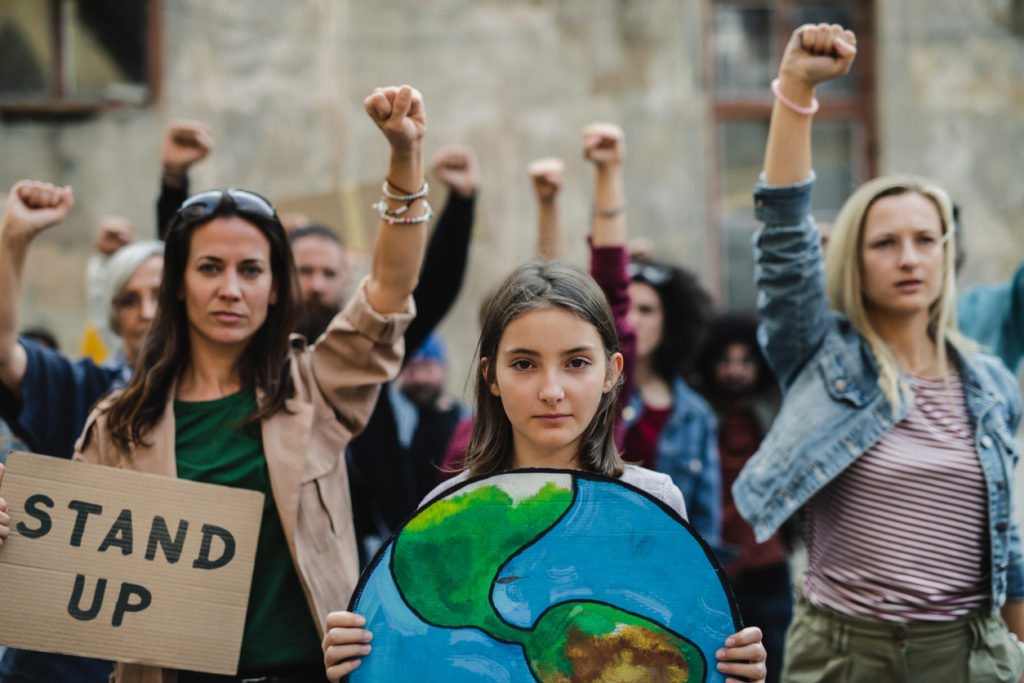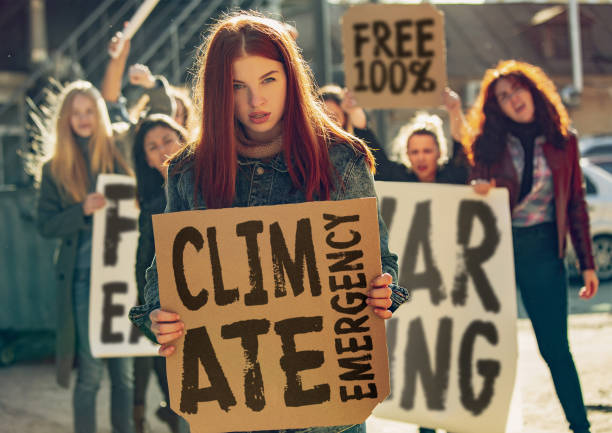A Clean Ocean by 2030: UN Experts Panel Charts the Most Direct Course
The Clean Ocean International Expert Group of the UN Decade for Ocean Science for Sustainable Development will formally present its short list of activities and goals, and a strategy to reach them, in a “manifesto” at the outset of a three-day online conference on achieving a clean ocean, Weds. 17 to Fri. 19 Nov. (https://bit.ly/3EQHRfQ).
(Leaders of the Clean Ocean International Expert Group are available for advance interviews.
The group’s “Manifesto for Clean Ocean 2030” is appended below in full.
They will also take part in an online UN conference, “A Clean Ocean, Where Sources of Pollution are Identified and Removed,” Weds. 17 to Fri. 19 Nov. (full program: bit.ly/3EQHRfQ; registration: bit.ly/3oo7NZH)
High-res images: www.oceandecade-conference.com/en/press.html
Contact: Terry Collins, tc@tca.tc, +1-416-878-8712)
Interim goals for 2025 and an integrated ocean debris observing system exemplify demands of experts’ “Clean Ocean Manifesto.”
Reducing marine debris by 50-90% and a globe circling, high-tech system of monitors are two essential aims among several championed today by nine distinguished international experts appointed to help the UN reach the goal of a clean ocean by 2030.
Co-Chaired by Angelika Brandt of Germany, a Southern Ocean / Antarctica biodiversity expert, and Elva Escobar Briones of Mexico, a deep sea biodiversity expert, the group concisely outlines “the challenges and some of the opportunities that the Ocean Decade can provide for a Clean Ocean.”
The statement charts the most direct route to a clean ocean citing these objectives for 2030: Enlarge understanding of pathways for spread and fates of pollutants; Reduce and remove top-priority forms of pollution (e.g., marine debris) by large amounts, as much as 50% to 90%
To prevent recurrence, reduce sources or emission of pollutants (e.g., anthropogenic noise, discarded plastic and harmful chemicals, farming practices adding harmful sediment outflow). Improve dramatically the outcomes of control measures (e.g., to decrease amounts of mercury in tuna, die-offs of marine life, eutrophication). Improve monitoring (often as part of the Global Ocean Observing System [GOOS]) for more accurate, precise, timely, comprehensive real-time tracing of spills and monitoring of ocean soundscapes; improve systems to provide timely warning of pollutants emerging and increasing.
Identify and accelerate development and adoption of technologies to promote a Clean Ocean. These could range from cleaner, more efficient motors and fuels to new forms of remediation and waste management; better ways to monitor, track, and map marine pollutants and progress toward a clean ocean (such as aerial remote sensing, genomics, and hydrophone arrays); and better technologies for emergency cleanup.
Improve national mechanisms (legal, regulatory) for control and prevention, better align financial incentives, and lift compliance with international treaties.
Lift public engagement and understanding with access to information associated with behavioral shifts favoring the motto of “reduce, reuse and recycle” and encourage participation in citizen science as part of events involving sailing, surfing, and other activities dependent on a Clean Ocean
With such a framework agreed and in place, specific objectives can be identified and efforts activated, with targets and timetables similar in scope and character to next spring’s anticipated world agreement to protect 30% of the marine environment by 2030, and the completion of high-resolution mapping of the seabed, also by 2030.
Interim objectives for 2025
The expert group underlined that, “This process should aim to define and attract financial and other support to meet an initial set of goals for 2025, followed by goals for the end of the Ocean Decade in 2030.”
And they set out examples of nearer term objectives for 2025: Quantify the global harm of marine pollution from all major sources on ecosystems and organisms and on human health; assessment methods need to take into account multiple stressors. Survey the totality of anthropogenic chemicals flowing into the oceans.
Define a Clean Ocean, including acceptable levels of pollution to set threshold values, and define ecological boundaries or maximal levels of pollutants as well as their rates of degradation to maintain well-functioning ecosystems; this includes understanding tolerances of species and ecosystems to pollutants.
Develop a widely shared vision of a Clean Ocean.
Identify high-priority geographic challenges such as polar regions and urban coasts. Identify barriers to action impeding scaling up solutions for regional and global impact; quantify possibilities for amelioration. Identify key partners, including those who might be left behind, and provide engagement strategies for early career ocean professionals, indigenous peoples, and island communities. Develop reference scenarios for industrialization of the oceans during the next decade, including tourism, seabed mining, windfarm development, for example, as they relate to a Clean Ocean.
Develop initial estimates of costs associated with transitions to a Clean Ocean.
Secure major financial commitments.
“By 2030 we want to achieve measurable improvement in monitoring and clear reduction of emissions and harm through a spectrum of technical and behavioral strategies,” the group says.
The three-day on-line conference Nov. 17-19 will highlight more than 30 activities in place or in development around the world that can make important contributions by 2030 to a Clean Ocean.
These include initiatives to:
Successfully and consistently monitor marine debris from space as part of an Integrated Global Marine Debris Observing System; Operate deep sea observatories in the Atlantic that document and publicize multiple stressors; Observe the vast Southern Ocean to give early warnings of possible pollution hot spots in this relatively pristine ocean; Instrument 30% of coastal city ocean spaces to report on pollution changes including restoration; Identify and greatly reduce persistent organic pollutants globally.
The manifesto, which presents the signatories’ views and not official positions of their respective institutions, is also directed at other groups such as the High Level Panel for a Sustainable Ocean Economy, the Economist magazine World Ocean Initiative, and the World Ocean Council.
The group plans to share its manifesto with other expert groups, national committees, and with endorsed projects and programs of the UN Ocean Decade to speed development of a strong set of Clean Ocean activities.
Says lead author Jesse Ausubel, Director of the Program for the Human Environment at The Rockefeller University, New York City: “We want this decade to transition from increasing to decreasing the environmental problems of the oceans.”
Clean Ocean International Expert Group Co-Chairs
Angelika Brandt, biodiversity of the Southern Ocean and Antarctica; Germany
Elva Escobar Briones, biodiversity of the deep sea; Mexico
Members
Frida Armas-Pfirter, marine and coastal law; Argentina
Jesse Huntley Ausubel, technologies for ocean observing; USA, lead author
Gina Bonne, environment and climate, Seychelles
Saskia Brix-Elsig, polar seafloor biology; Germany
Angelique Songco, marine protected areas; Philippines
Kaveh Samimi-Namin, coral reef ecosystems; Iran
Sofia Fürstenberg Stott, maritime industry innovation; Sweden
Links
UN Decade for Ocean Science for Sustainable Development
www.oceandecade-conference.com/en/program.html
Creating the Ocean We Want
www.oceandecade-conference.com/en/creating-the-ocean-we-want.html
Clean Ocean Laboratory
www.oceandecade-conference.com/en/a-clean-ocean.html
Ocean Decade Factsheet
www.oceandecade-conference.com/files/Factsheet%20Ocean%20Decade.pdf
* * * * *
In full: Manifesto for Clean Ocean 2030
Clean Ocean International Expert Group, in anticipation of the Ocean Decade Laboratory
A Clean Ocean, 17-19 November 2021
A clean ocean where sources of pollution are identified and removed
Comprising 71% of Earth’s surface, the ocean encompasses remote trackless seas and heavily trafficked harbors. It spans the seafloor through the water column to the sea surface and extends from coastal zones to mid-ocean. The ocean spans habitats from beaches and rocky shores to reefs and canyons and polar and deep seas. A Clean Ocean benefits both humanity and the spectrum of other forms of life ranging from whales and fish to mollusks, corals, and seagrasses with which we share it. Our Manifesto for Clean Ocean 2030 aims to increase circularity of the economy in the face of increasing industrialization of the oceans and promote mobilization to manage ocean pollution at its sources in ways that enable both a profitable Blue Economy and a Clean Ocean.
Ocean Pollutants – Many forms of pollution threaten or already dirty the ocean:
Debris, including plastics; Oil and chemical spills and releases from seafloor extraction, pipelines, and shipping; Runoff of fertilizers, pesticides, and other chemicals from agriculture and both rural and suburban areas; Sewage and other coastal runoff, including pharmaceuticals, from urban areas and harbors, and associated harmful algal blooms; Contaminants that, although settled in sediments, can be remobilized by disturbances; Sewage and other improperly discarded wastes from vessels; Acute and chronic elevation of noise and light; Radiation from radioactive materials deposited or discharged into the oceans ; Invasive species and other harmful aspects of bilge and ballast water carelessly released; Construction debris from platform and island building, spoils from channel dredging and pipe-laying, and derelict facilities; Abandoned and discarded equipment from ocean navigation and research and military activities
Threats to a Clean Ocean
Pollution in the ocean comes from land-based and atmospheric sources and from the sea itself.
Land sources include agricultural fertilizers (causing deoxygenation or dead zones), herbicides, pesticides, fungicides, and other materials employed in the bioeconomy; micro- and macro-plastics from carelessly used and discarded products; non-metabolized medicines and other drugs from human consumption; detergents and many other chemicals that form parts of urban and industrial metabolism; heavy metals from mining; and brine from marine water desalination.
Atmospheric sources include greenhouse gases (primarily generated on land) associated with climate change and acidification; forms of sulfur, nitrogen, mercury, and other harmful pollutants generated both at sea and on land; noise from aviation and wind farms, and dust from anthropogenic fires.
Sea sources include spills from extraction, transport, and use of petroleum products; ship sources of waste, including discarded fishing gear and other forms of waste; untreated wastewater from recreational and commercial vessels; deep-sea tailing placements; lubricants and other chemicals from offshore facilities; underwater noise from shipping, mining, fishing, and pile driving; and night-time illumination of vessels and fleets.
Since 1969 the Joint Group of Experts on the Scientific Aspects of Marine Environmental Protection (GESAMP) has examined these and other threats to the Clean Ocean and provided authoritative, independent, interdisciplinary scientific advice to organizations and governments to support the protection and sustainable use of the marine environment.
The Decade of Ocean Science for Sustainable Development
Launched in January 2021, the United Nations Decade of Ocean Science for Sustainable Development (2021-2030), the “Ocean Decade,” is a once-in-a-lifetime opportunity for ocean actors across the world to come together to generate knowledge and foster the partnerships needed to support a well-functioning, productive, resilient, sustainable, and inspiring ocean. We propose that the leadership of the Ocean Decade organize Clean Ocean activities in the following way:
Collect the major Clean Ocean recommendations from the reports of GESAMP and other expert bodies, such as national academies of sciences.
Consolidate and reduce these and other inputs to a set of not more than ten global goals for a Clean Ocean. New targets and timetables should be similar in scope and character to the Endorsed Recommendations to protect 30% of the marine environment by 2030 and complete the high-resolution mapping of the seabed by 2030.
Work with the many concerned entities worldwide to coordinate and optimize roles and contributions so the Decade will achieve historic collaborative global objectives for a Clean Ocean.
This process should aim to define and attract financial and other support to meet an initial set of goals for 2025, followed by goals for the end of the Ocean Decade in 2030.
Examples of Clean Ocean objectives for 2025
Quantify the global harm of marine pollution from all major sources on ecosystems and organisms and on human health; assessment methods need to take into account multiple stressors.
Survey the totality of anthropogenic chemicals flowing into the oceans.
Define a Clean Ocean, including acceptable levels of pollution to set threshold values, and define ecological boundaries or maximal levels of pollutants as well as their rates of degradation to maintain well-functioning ecosystems; this includes understanding tolerances of species and ecosystems to pollutants.
Develop a widely shared vision of a Clean Ocean.
Identify high-priority geographic challenges such as polar regions and urban coasts.
Identify barriers to action impeding scaling up solutions for regional and global impact; quantify possibilities for amelioration.
Identify key partners, including those who might be left behind, and provide engagement strategies for early career ocean professionals, indigenous peoples, and island communities.
Develop reference scenarios for industrialization of the oceans during the next decade, including tourism, seabed mining, windfarm development, for example, as they relate to a Clean Ocean.
Develop initial estimates of costs associated with transitions to a Clean Ocean.
Secure major financial commitments.
By 2025 we aim to identify potential pathways toward solutions for knowing what is manageable. By 2030 we want to achieve measurable improvement in monitoring and clear reduction of emissions and harm through a spectrum of technical and behavioral strategies.
Examples of Clean Ocean objectives for 2030
Enlarge understanding of pathways for spread and fates of pollutants.
Reduce and remove top-priority forms of pollution (e.g., marine debris) by large amounts, as much as 50% to 90%.
To prevent recurrence, reduce sources or emission of pollutants (e.g., anthropogenic noise, discarded plastic and harmful chemicals, farming practices adding harmful sediment outflow).
Improve dramatically the outcomes of control measures (e.g., to decrease amounts of mercury in tuna, die-offs of marine life, eutrophication).
Improve monitoring (often as part of the Global Ocean Observing System [GOOS]) for more accurate, precise, timely, comprehensive real-time tracing of spills and monitoring of ocean soundscapes; improve systems to provide timely warning of pollutants emerging and increasing.
Identify and accelerate development and adoption of technologies to promote a Clean Ocean. These could range from cleaner, more efficient motors and fuels to new forms of remediation and waste management; better ways to monitor, track, and map marine pollutants and progress toward a clean ocean (such as aerial remote sensing, genomics, and hydrophone arrays); and better technologies for emergency cleanup.
Improve national mechanisms (legal, regulatory) for control and prevention, better align financial incentives, and lift compliance with international treaties.
Lift public engagement and understanding with access to information associated with behavioral shifts favoring the motto of “reduce, re-use and recycle” and encourage participation in citizen science as part of events involving sailing, surfing, and other activities dependent on a Clean Ocean.
Now is the time for ambitious targets and timetables to elicit the science for the Clean Ocean we want.
Contact: Terry Collins, tc@tca.tc, +1-416-878-8712
United Nations correspondent journalists – United Nations correspondent journalists – United Nations correspondent journalists
United Nations journalism articles – United Nations journalism articles – United Nations journalism articles
A Clean Ocean by 2030: UN Experts Panel Charts the Most Direct Course Read More »










